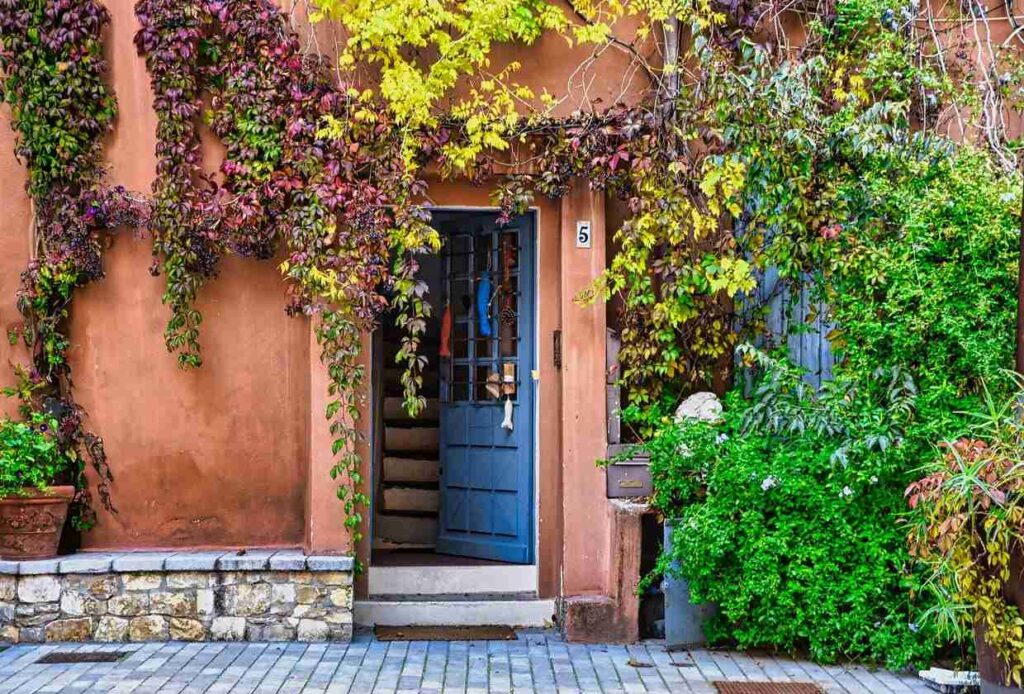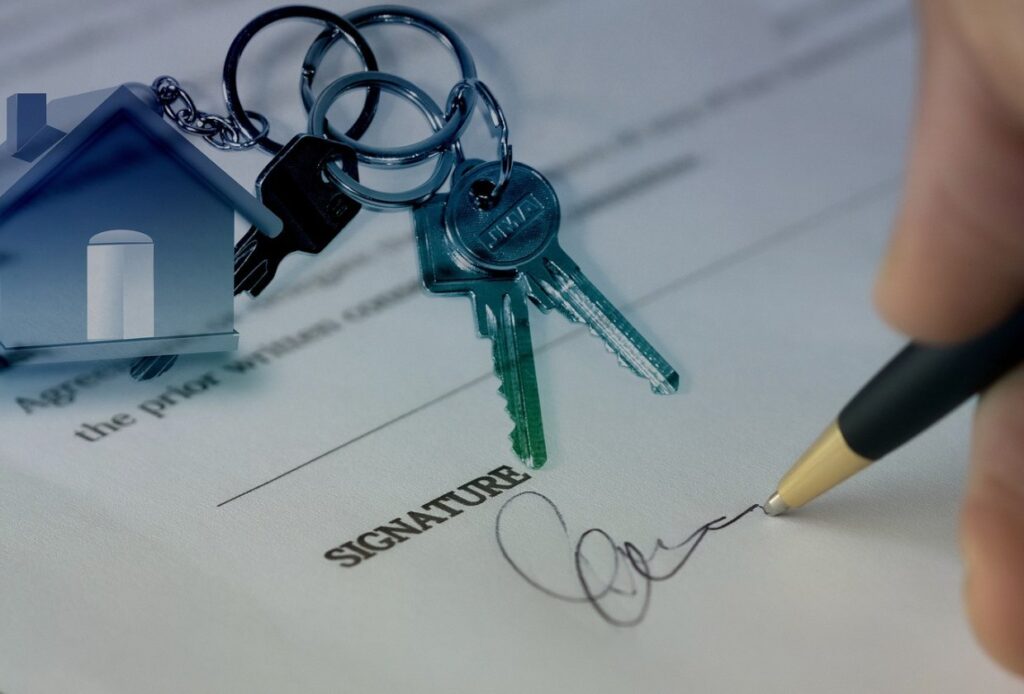When renting a property in Spain, one of the first things you’ll encounter is the security deposit. It’s a significant upfront cost, and many renters worry about whether they’ll get it back. This guide explains how much you can be asked to pay, where your deposit should be held, and how to ensure its safe return—empowering you to navigate Spain’s rental market with confidence.
What Is a Security Deposit in Spain?
In Spain, the security deposit is called the fianza and is a mandatory payment required by the Urban Leases Act (Ley de Arrendamientos Urbanos, or LAU), which governs rental agreements. The fianza acts as a safeguard for landlords, covering potential damages or unpaid rent. Beyond this, landlords may request additional guarantees—like extra rent payments or bank guarantees—which are optional and negotiable.
Key takeaway: The fianza is legally required, but additional guarantees depend on your lease agreement.
How Much Can You Be Asked to Pay?
For residential rentals, the fianza is capped at one month’s rent under the LAU. However, landlords can request extra guarantees, such as:
- Additional months’ rent (e.g., one or two more months).
- A bank guarantee (aval bancario), where a bank covers potential losses.
While the fianza amount is fixed, additional guarantees vary and should be reasonable. Always ensure these terms are written into your lease.
Note: For commercial rentals, the fianza is typically two months’ rent, but this guide focuses on residential leases.
Key takeaway: Expect to pay one month’s rent for the fianza, plus possible additional guarantees depending on your agreement.
Where Should Your Deposit Be Held?
Spanish law requires landlords to deposit the fianza with the regional housing authority in your autonomous community. Examples include:
- Catalonia: INCASÒL (Institut Català del Sòl).
- Andalusia: AVRA (Agencia de Vivienda y Rehabilitación de Andalucía).
- Madrid: IVIMA (Instituto de la Vivienda de Madrid).
This deposit must be lodged within a set period (usually one month after signing the lease). As a renter, ask for proof of this deposit—it’s your right and ensures the funds are secure.
Key takeaway: Your fianza should be held by the regional authority, and you should request evidence it’s been deposited.
How to Ensure the Safe Return of Your Deposit
Getting your deposit back is a top priority. Here’s how to protect yourself:
1. Document Everything When You Move In
- Take photos and videos of the property’s condition, noting any pre-existing damage.
- Create a signed inventory with your landlord during the initial walkthrough.
2. Know Your Lease
- Review clauses about the deposit, maintenance, and return conditions.
- Confirm any additional guarantees in writing.
3. Communicate Clearly
- Report issues or damages to your landlord promptly.
- Keep records of all correspondence.
4. Understand the Return Process
- Per the LAU, landlords must return the fianza within one month of you returning the keys, assuming no damages or unpaid bills.
- If deductions are made, request a detailed breakdown.
5. Prepare for Move-Out
- Clean the property and fix minor damages you’re responsible for.
- Arrange a final inspection with your landlord.
Key takeaway: Documentation and communication are critical to securing your deposit’s return.
Common Mistakes to Avoid
- Using the Deposit as Rent: The fianza can’t replace your last month’s rent—it’s a separate guarantee.
- Skipping Notice: Failing to give proper notice (usually 30 days) may lead to deductions. Check your lease.
- No Documentation: Without proof of the property’s initial condition, disputes become harder to win.
Key takeaway: Pay your final rent separately and document everything to avoid losing your deposit.
What If There’s a Dispute?
If your landlord withholds the deposit unfairly:
- Check Your Evidence: Use your lease, photos, and records to support your case.
- Talk to Your Landlord: Attempt a resolution first.
- Contact the Housing Authority: File a complaint with the regional body holding the deposit.
- Seek Legal Help: Consult a lawyer or tenant association if needed.
Key takeaway: Most issues can be resolved with good records, but know your options if disputes escalate.
Renter’s Checklist
- Get a receipt for your deposit payment.
- Request proof the fianza is deposited with the regional authority.
- Document the property’s condition with photos and an inventory.
- Review your lease for deposit-related terms.
- Report issues to your landlord promptly.
- Clean and inspect the property before moving out.
Final Thoughts
Security deposits don’t have to be a source of anxiety. By knowing the rules—one month’s fianza, deposited with a regional authority—and taking proactive steps, you can safeguard your money and enjoy peace of mind while renting in Spain. Stay informed, document everything, and you’ll be well-prepared for a smooth rental experience.



